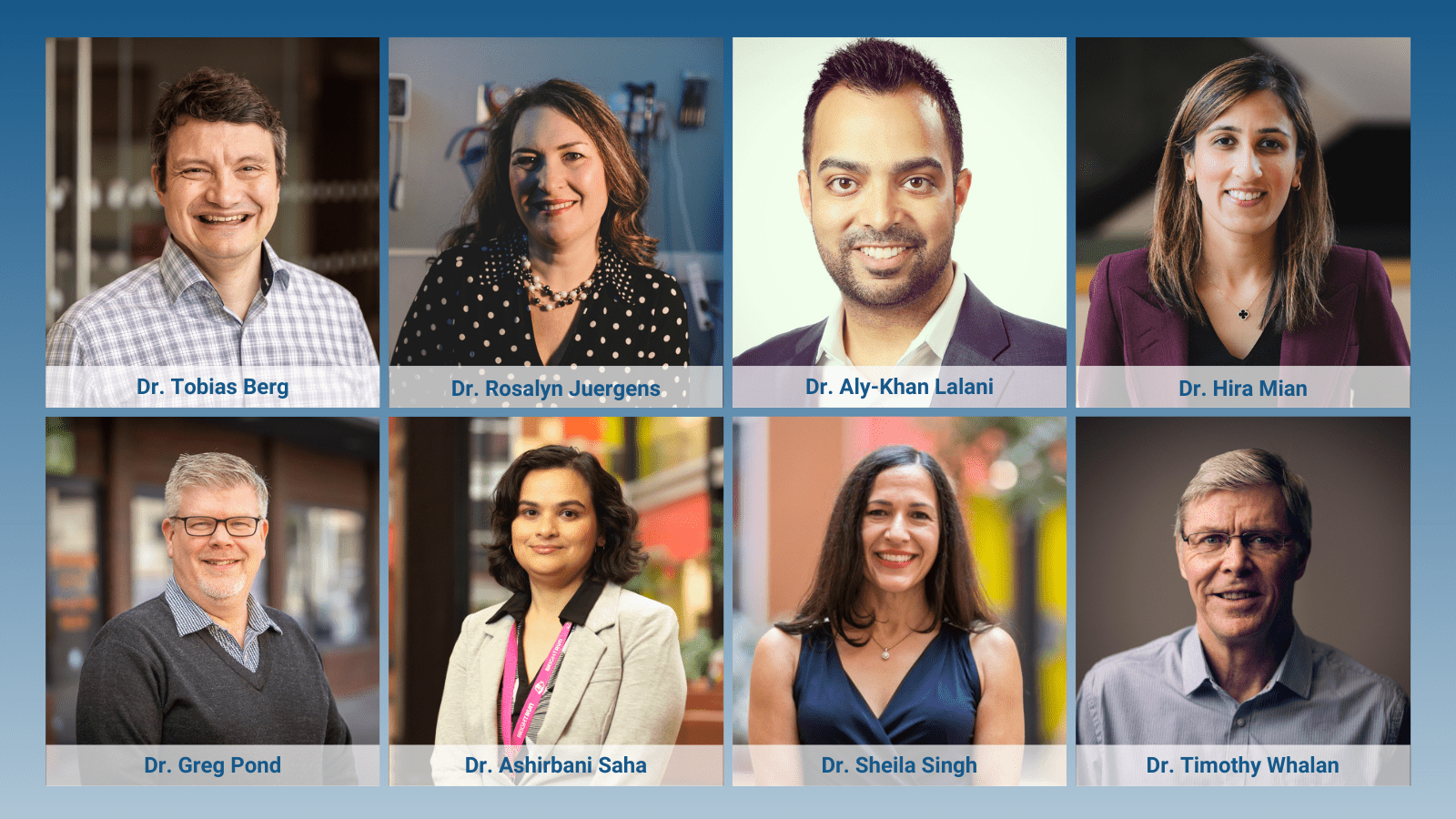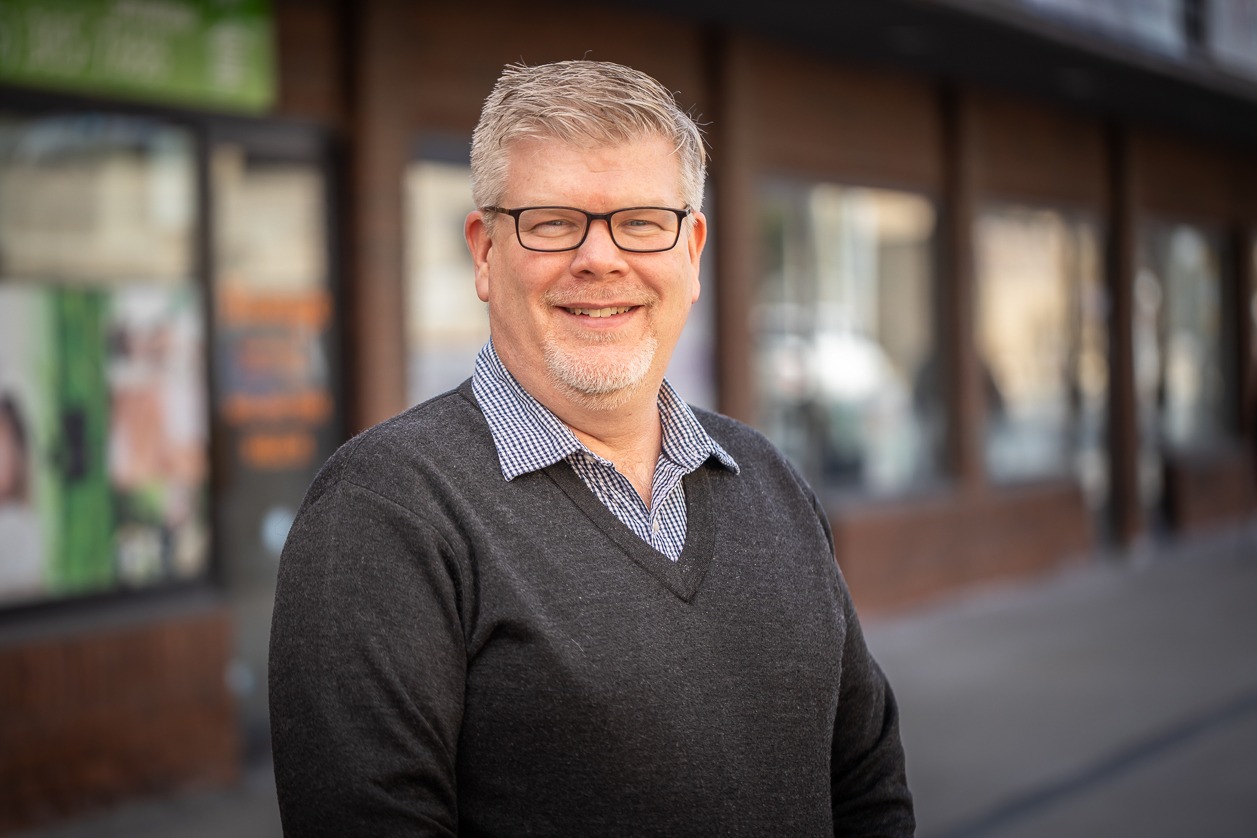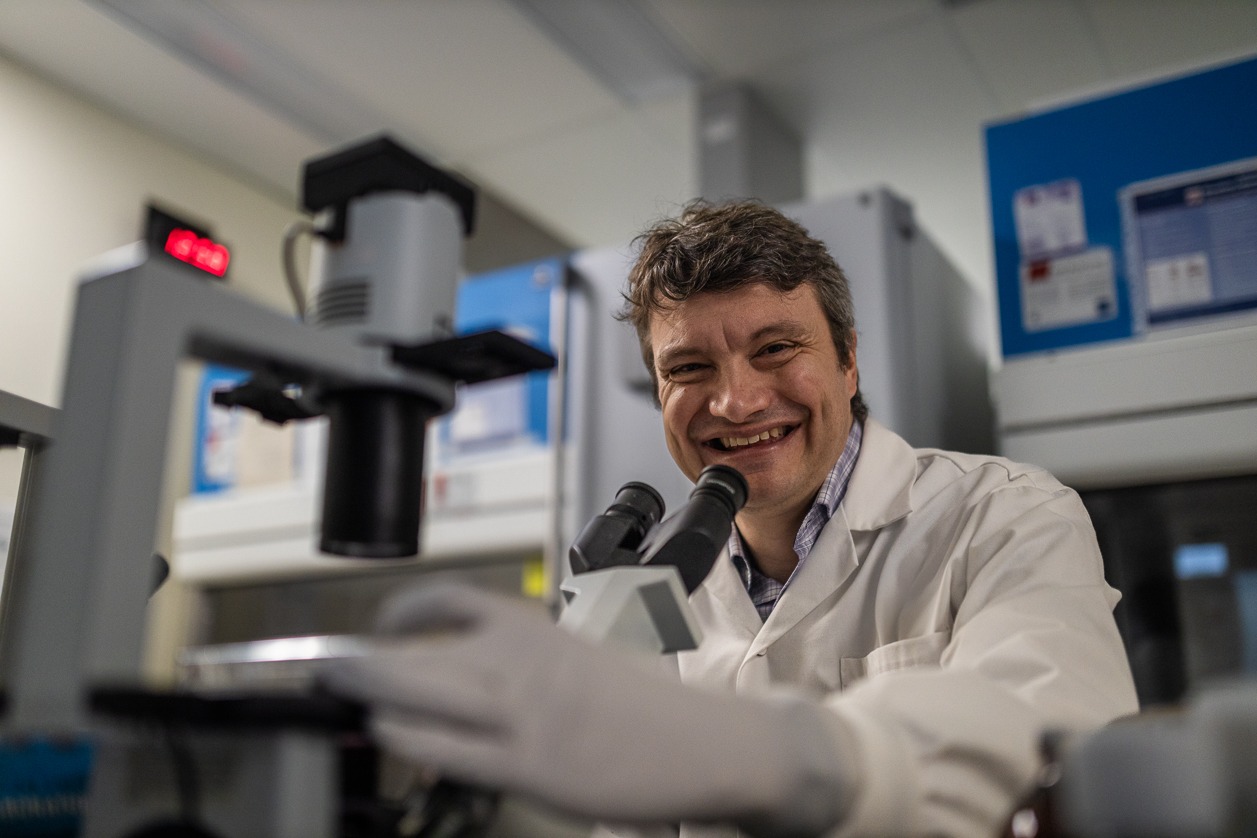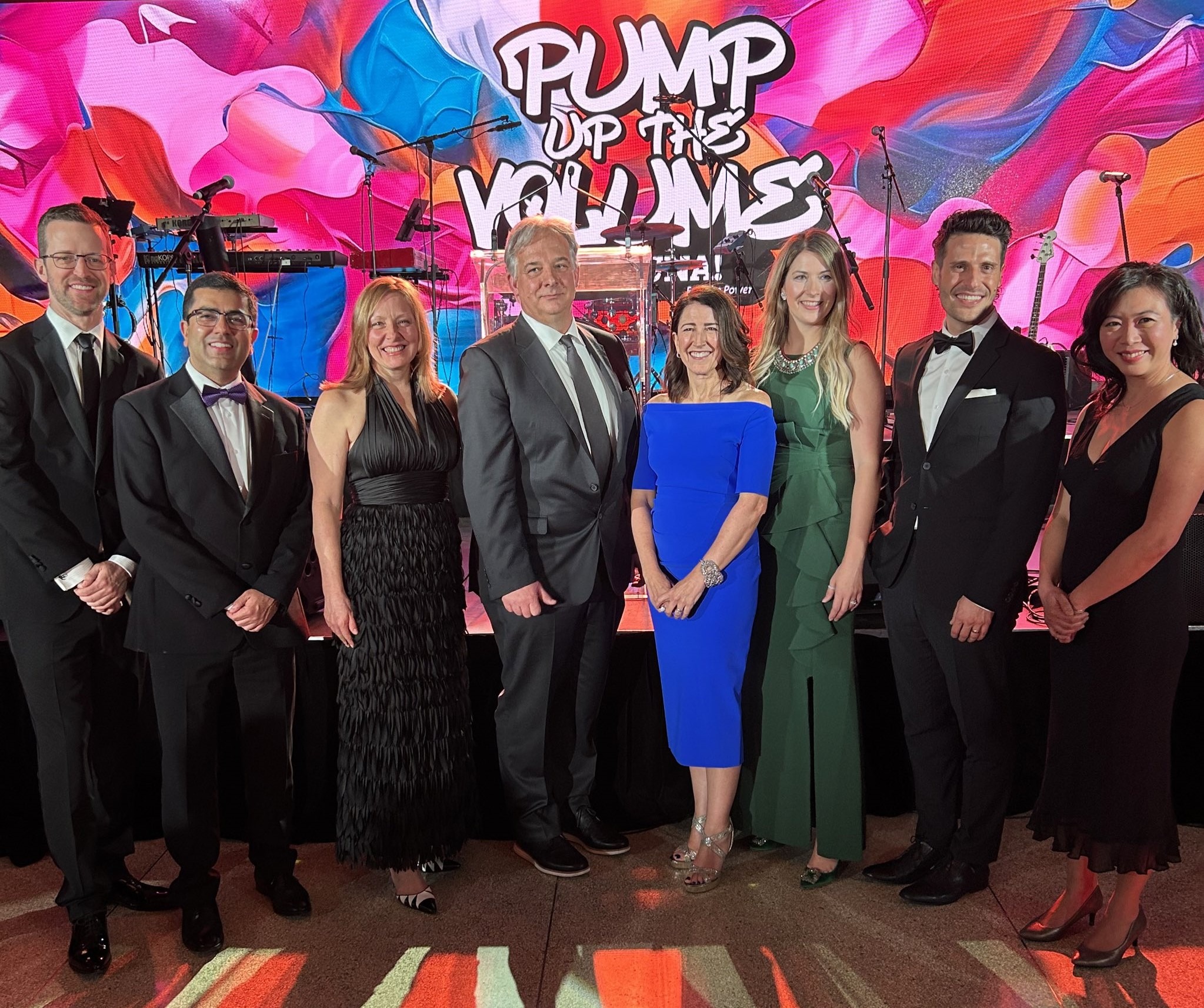
Renaissance in cancer research
Neil Johnson recalls the time he asked a group of cancer patients serving on a patient advisory committee what they felt should be their hospital’s top priority.
“It was a few years ago, when I worked at a different hospital, but one patient’s response in particular really stayed with me,” says Johnson, Hamilton Health Sciences (HHS) vice president of oncology and Juravinski Hospital site executive.
The patient, who had been diagnosed with an incurable cancer, listed research as his number-one priority. “My life depends on your hospital being good at research,” the patient told Johnson.
“Our researchers, by nature, are passionate about discovery and taking their work to the next level in an effort to find new, safe and innovative ways to prolong life and cure disease.” — Dr. Marc Jeschke, HHS vice president of research and chief scientific officer.
Indeed, leading-edge research by academic hospitals like HHS is fundamental in developing new treatments to prolong lives and cure disease.

Dr. Marc Jeschke

Neil Johnson
HHS’ Juravinski Hospital and Cancer Centre (JHCC) is considered among the most advanced academic and research-intensive cancer centres in the country, with nationally and internationally recognized experts in the local research community.
“While HHS and our JHCC are highly regarded, researchers by nature are never satisfied with the status quo,” says Dr. Marc Jeschke, vice president of research and chief scientific officer for HHS. “Our researchers, by nature, are passionate about discovery and taking their work to the next level in an effort to find new, safe and innovative ways to prolong life and cure disease.”
Jeschke and Johnson are leading efforts to bring what they’re calling a renaissance in cancer research to Hamilton. Driving this vision is a plan to improve collaboration between basic researchers, clinical trial researchers, clinician scientists and hospital clinicians for exploring and developing new treatment options for patients.
Partners in this plan include McMaster University and the Escarpment Cancer Research Institute, a joint HHS and McMaster institute with a focus on research that impacts patient outcomes.
“Research can’t reach its potential when it takes place in silos,” says Jeschke, adding that improved collaboration in the Hamilton research community will lead to more impactful and well-known research nationally and internationally. And because success breeds success, this higher profile will help attract even more of the best cancer researchers in the world to Hamilton, all working together to improve patient outcomes.




